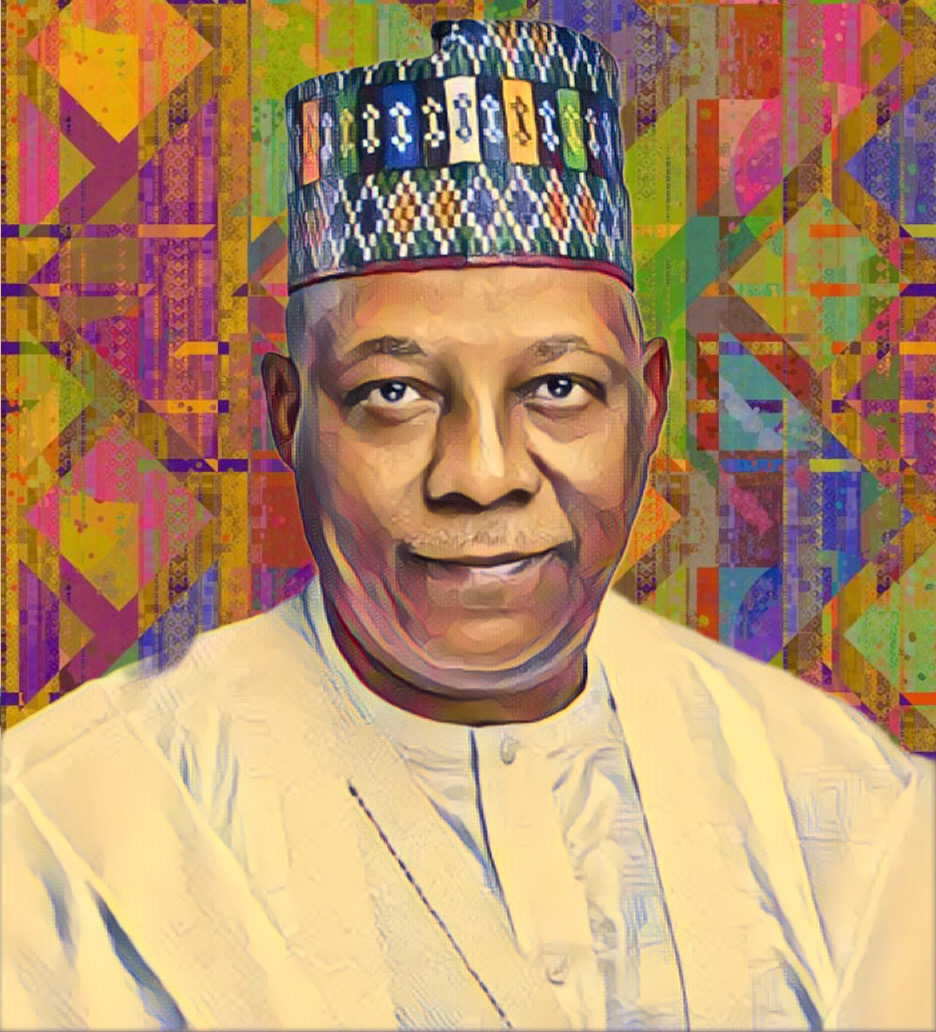KEY POINTS
- Peace is crucial for economic progress and national development.
- Mechanized farming increases the productivity of farmland and also helps to feed the nation.
- Skill acquisition empowers youths to drive sustainable economic growth.
Vice President Kashim Shettima has emphasized that peace is the cornerstone of meaningful development, adding that without it, economic progress remains elusive.
Speaking during a one-day working visit to Nasarawa State on Friday, Shettima launched key initiatives, including the distribution of tractors and relief materials, underscoring the federal government’s commitment to sustainable growth under its Renewed Hope Agenda.
Using local assistance and mechanization to strengthen agriculture
During his visit, Shettima flagged off the distribution of tractors and other farm equipment across Nasarawa’s 13 local government areas.
This has been in a bid to support the local farmers, enhance the yields, and also support mechanized farming. He argued that contemporary farming needs appropriate equipment and equally applauded the Nasarawa’s good farmlands saying the state can act as the food basket of the nation.
“The local government councils are essential institutions that connect directly with the people,” Shettima noted. “Equipping them with what they require as they embark on modern agriculture is central to food security. Agriculture thrives on mechanization, and we must embrace it to unlock its full potential.”Shettima commended the state of Nasarawa for the politicization of ethnicity and religion and credited the success to the Nasarawa state Governor, Abdullahi Sule.
According to Punch, he again highlighted that, when there is peace there is development, daring the state to make much progress under the guidance of its governor.
Federal assistance for economic projects and flood recovery
Governor Sule expressed gratitude for Shettima’s visit and revealed that the state received N3 billion from the federal government to address the aftermath of recent flood disasters.
Of these funds, roads and bridges were constructed hence preventing future cases of flooding, and for the rest to provide food as well as other perishable items to the affected victims.
As part of its alignment with the Renewed Hope Agenda, Nasarawa State secured 10,000 hectares of land for rice cultivation, cultivating 2,000 hectares so far.
Sule stressed that of the produce 90 percent would go to OLAM for processing with the remaining 10 percent going to local farmers as a way of promoting base farms.
“Our partnership with OLAM ensures a robust processing pipeline, while distributing part of the yield locally boosts community engagement,” Sule explained.
Empowering youths and laying a foundation for investment
Besides issues related to agriculture, flood rebuilding, and rehabilitation, Shettima created the Nasarawa One-Stop Investment Centre which informs investment in the state.
The Vice President also attended the graduation ceremony of 1,128 youths trained in skills such as welding, automobile engineering, tailoring, and fashion design. The goal of the program is to fight unemployment and help the young people of Nigeria become independent.
“Our youths are the backbone of this nation,” Shettima said. “Equipping them with relevant skills guarantees a future where they contribute meaningfully to our economy.”
The Vice President said it is clear that despite the challenges facing the country, the federal government will continue to work to solve them including economic instability, and at the same time use agriculture and youth empowerment as drivers for change.


